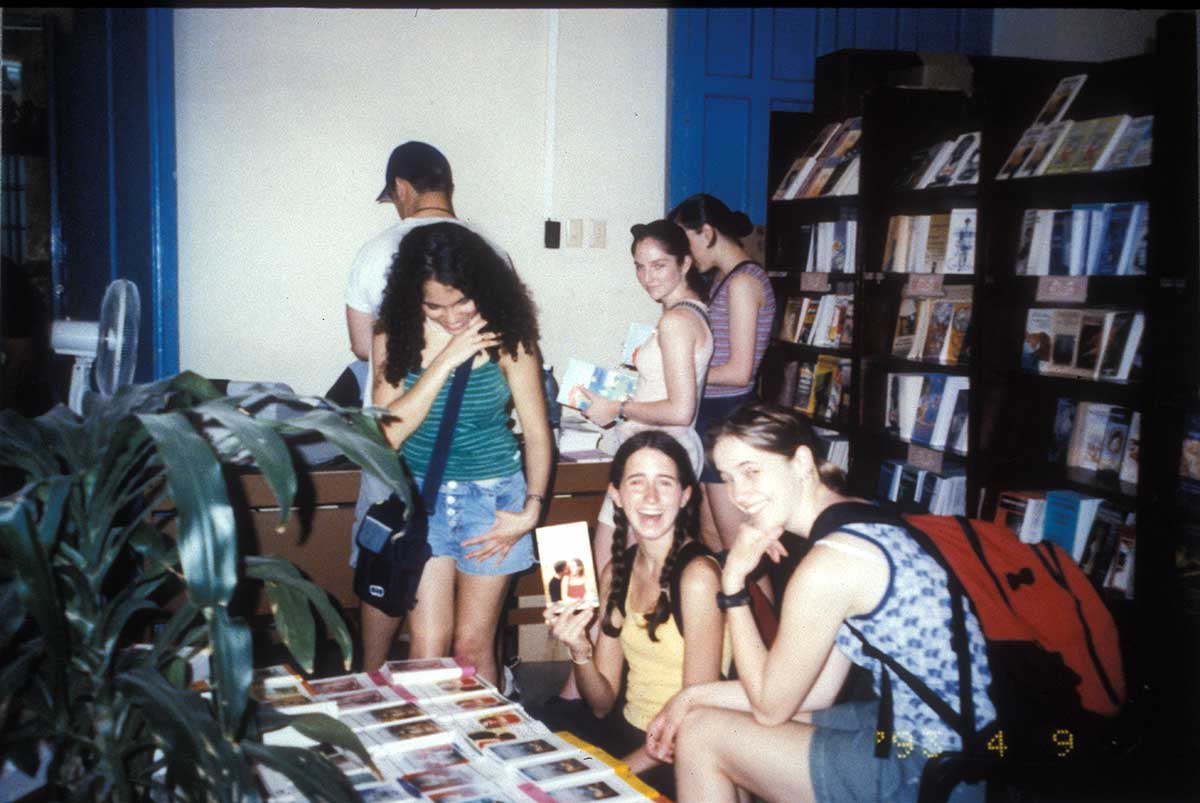In the late Special Period, Cuban bookstores still sold the ideologically curated works of the “High Soviet” years. As my students soon discovered, this meant mostly the collected works of Lenin, Engels, and Martí along with countless editions of Don Quixote or other European works the Party had deemed universal, such as those by Shakespeare. Yet book stores became a favorite hangout for American students living in Cuba on the six-week program I organized. They asked questions of fellow browsers, made friends with other students and, to the horror of our many not-so-invisible government minders, gave away their own uncensored books of Cuban history and Spanish-language literature as soon as they finished reading them! Then, to everyone’s surprise, we began finding what many referred to as “Communist romance novels”: these were, in reality, Spanish translations of long forgotten American bestsellers like Erich Segal’s Love Story (1970) or Alexander Edwards’ A Star is Born (1977). The books’ presence in Cuba was inexplicable until we realized that local residents who lived nearby had “donated” them to one store so that—in their many television- and internet-free hours!—my students could enjoy them. This discovery seemed a perfect example of Cubans and Americans creating their own Embargo- and Communist-Party-free cultural exchange and we never forgot it. Centro Habana, 2001.
